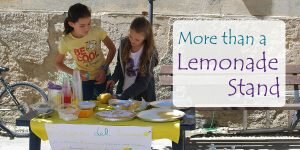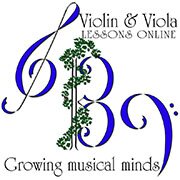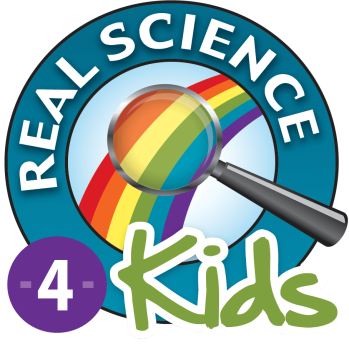
 Math is that subject that seems to give people nightmares. It’s either loved or loved to be hated worldwide. But why is that the case? I think it’s because of the approach to math – if you have the tools to do something, even if it’s not your favorite, you can do it. But if you don’t have the basic skills required to do that same task, it becomes daunting, intimidating.
Math is that subject that seems to give people nightmares. It’s either loved or loved to be hated worldwide. But why is that the case? I think it’s because of the approach to math – if you have the tools to do something, even if it’s not your favorite, you can do it. But if you don’t have the basic skills required to do that same task, it becomes daunting, intimidating.
In math, there are so many little things that understanding the concepts requires, that if you miss one or a few, then the future concepts become that much more difficult to grasp.
So when we decided to homeschool, we were unsure what math curriculum to use. Initially, we stuck with just trying to understand the basics, addition and subtraction with borrowing/carrying, basic multiplication tables, etc. One boy loves worksheets, the other had had enough of those in school. We’ve looked at several options for math, and most are more of the same thing – a fundamentally boring approach to a subject that has huge implications in life. When we started looking at Life of Fred, it sounded interesting, but funds are tight and we wanted to be sure it was something that would work for us before spending the money, even on a partial set.
After reading comments from so many wonderful, helpful parents, we decided Life of Fred was worth taking the financial leap. So I found a special on Edgewood, Farming, Goldfish and Honey. It’s what we could afford, and I started somewhere before where I thought the boys were. Yes, we ignored the author’s advice in starting at Apples, but it simply wasn’t financially feasible at the time. I do recommend starting with Apples if you can afford it, the author recommends it because it covers a multitude of concepts they’re expected to understand in the later books. There have been a couple of things I’ve had to explain because they were covered earlier, and the boys did not understand them, but overall, I’m happy with our decision.
In every book, concepts are introduced and reinforced. That said, extra practice is the only way to true mastery, and instead of the dreaded worksheets, we have notebooks for math. I use copy work for basic facts, and in this same notebook I either write problems to solve, or have them do it. There are people who say that Life of Fred is not complete, and they just use it as a supplement – these books don’t give you a bunch of worksheets and drills to do. The books give you the structure, and what to work on for that chapter, you need to take steps to give the kids the practice they need to master the concepts in the way that your child does the best.
We adore the story book style of these, and there are moral questions and issues relating to the story. It’s a fantastic way to integrate real life into your homeschool math and we have not regretted it for a moment. The kids both love math, and ask for Life of Fred daily, even though it’s now our summer. If you’re looking for a non-intimidating, non-boring, interesting math curriculum – this is one you should check out.
Update: The boys have both moved over to Mastering Math Essentials, but still love reading Life of Fred for the story and as enrichment.
My mom just gave Ice Cream and Jelly Beans to us, so we’ll be ready for the kids when we finish Honey. They came in earlier today, and the twins were thrilled. Nothing better than a happy response when new curriculum comes in. These guys love learning – and they love Life of Fred. You pick up the 10 book elementary set on Amazon for about $170, there are used and new copies – but the price difference isn’t all that much. The books are non-consumable and hold their value well.
Disclaimer: We purchased these books because were interested in them. We are NOT required to give a positive review. There are affiliate links which pay us a small commission on purchases of items when using those links, but they do not affect the cost of the products you purchase. See our full disclosure policy.




 (We earn a small commission when you purchase using these links)
(We earn a small commission when you purchase using these links) 
My son has Dyscalculia ( http://ldaamerica.org/types-of-learning-disabilities/dyscalculia/ ) and he struggled terribly until we started from scratch using Life Of Fred. At first he felt that he was being lowered in math, until he realized he could go quickly through the stuff he already knew, then he allowed himself to get more absorbed into the story. I can’t say that he now loves (or even likes) math, but I can say that he doesn’t fight or cry anymore and he is LEARNING it. That is good enough for me.
We have the entire set from Apples, to Calculus.
What a wonderful story! I have long believed that many of us have issues with math because of the approach, and that there’s an approach that will work for most. I know that there are cases like yours where there is a real issue, but still believe where there’s a will there’s a way.
I’m very happy you found one that works for your son and thank you so much for sharing this with us!
I just started “Life of Fred:Apples” with my 6 year old triplet grandsons. I don’t know who is enjoying it more, me or the boys!
That’s true for us too! It’s such a fun set of books to read, and they’re learning so much!